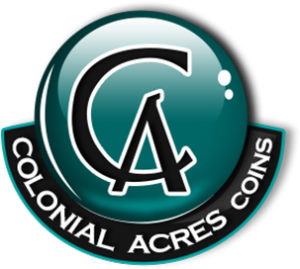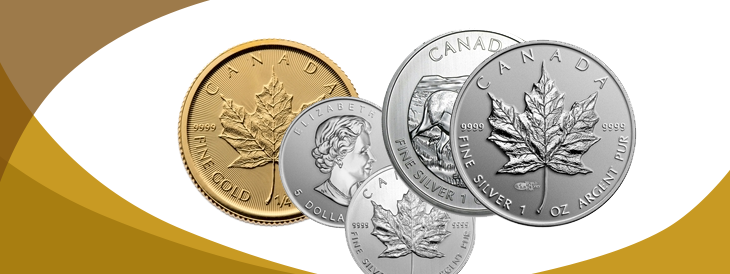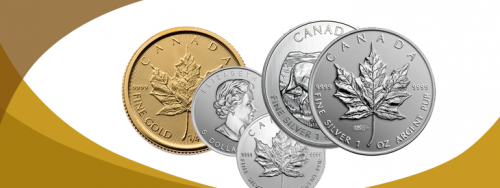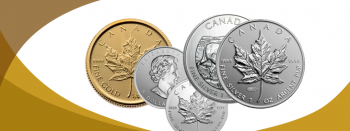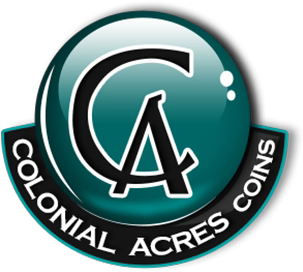Last updated on May 2nd, 2024 at 03:35 pm
Last Updated on May 2, 2024 Posted by Colonial Acres Coins
Buying and selling precious metals can be a very profitable endeavor, however, there are many things you need to know before you start. Go through our synthesized guide on buying silver bullion coins and other metals, which will give you the general information you need before you start investing.
The Essentials
Buying and selling silver and gold is much like trading on the stock market. You have to follow the markets and register any significant fluctuations in the price of the metal you are looking to buy and sell. As with any kind of trading, it is essential that you buy when the prices have fallen and sell when the demand is high, and the prices are rising. This will ensure that you are actually making a profit.
In order to be fully prepared to trade with bullion, you should get familiar with the specific regulations in your country of residence has on trading with precious metals. There might be procedures where you will have to declare each sale, and the amounts of metals this sale involved.
Of course, when you get better at spotting good deals there will be a lot more details to think about, however, the essential thing you have to always look for is the fluctuations of the prices of precious metals, and that you are doing all of your trades legitimately.
Bullions and Coins
One of the most significant sources of precious metals are coins. There are numerous national mints which provide a series of completely or partially silver coins. These coins have a very high percentage of pure metal, which means that their value will be close to that of the precious metal itself. Whenever you are purchasing coins in order to use them for part of the metals they are comprised of, you should always note the percentages of each metal that are in an individual coin. This will help you calculate the value of each metal in a coin, and therefore enable you to make an approximate guess about the overall value of your coins in bullions.
Nowadays, more and more people and mints start shaping precious metals in forms other than coins like simple bullions, or shaped rounds and other geometrical forms. As with coins, whenever you are looking to buy a mixture of precious metals, no matter the form, you should always make a note of the different amounts of metals it is comprised of.
The Distributor
While you can try and purchase bullions directly from the manufacturer, often, mints choose to execute their sales through a distributor. For example, if you are looking to buy silver bullion coins from the Royal Canadian Mint you are going to have to go through one of their distributors, as the mint does not sell directly to clients.
Therefore, it is important to do your research before you decide to buy from a given distributor. Unfortunately, there is always a chance that a distributor might not have your benefit at heart when selling you bullions or coins. In order to make sure you are going to get the most for your money, you should have a consultation with several qualified distributors with good track records. This will allow you to compare quotes and get the best deal.
Finally, always request that your distributor provides you with authentication and certification papers for the bullions you are buying. If you are purchasing silver bullion coins you should receive a document stating the percentage of silver these coins contain, the mint that has issued them, and other specifications of the materials used. Certification papers are one of your most important sources of reassurance as they prove what you’ve bought is really a precious metal.
